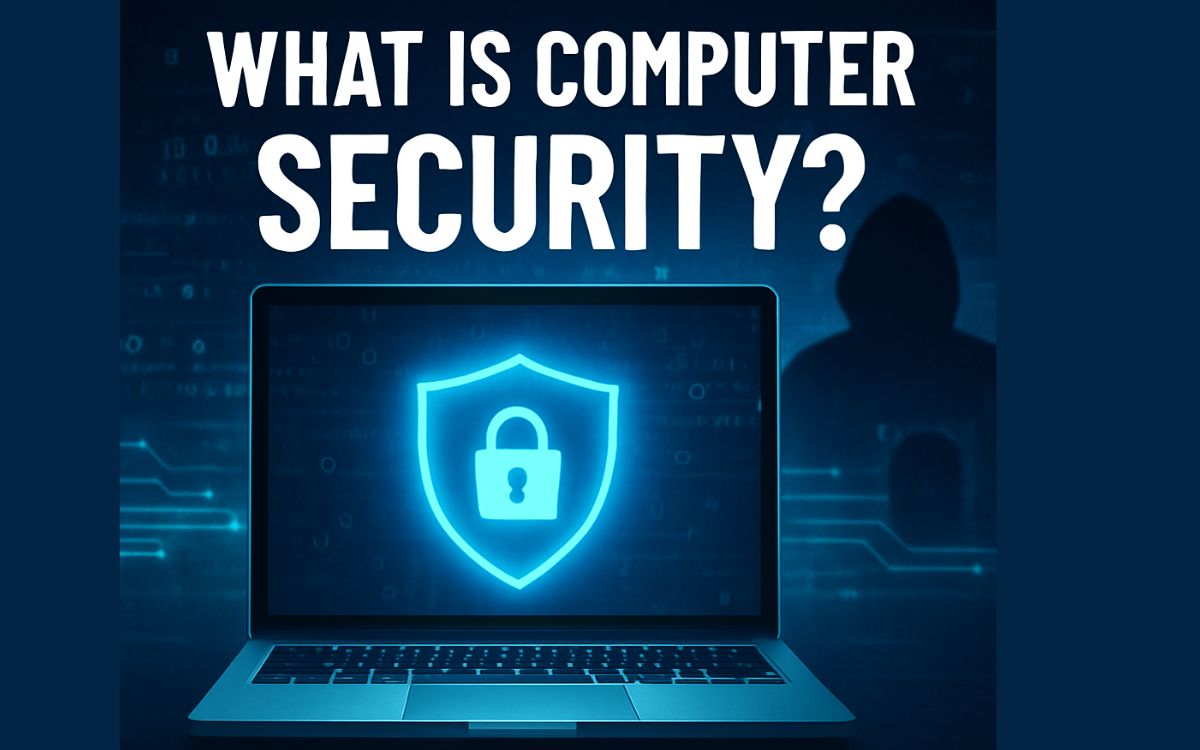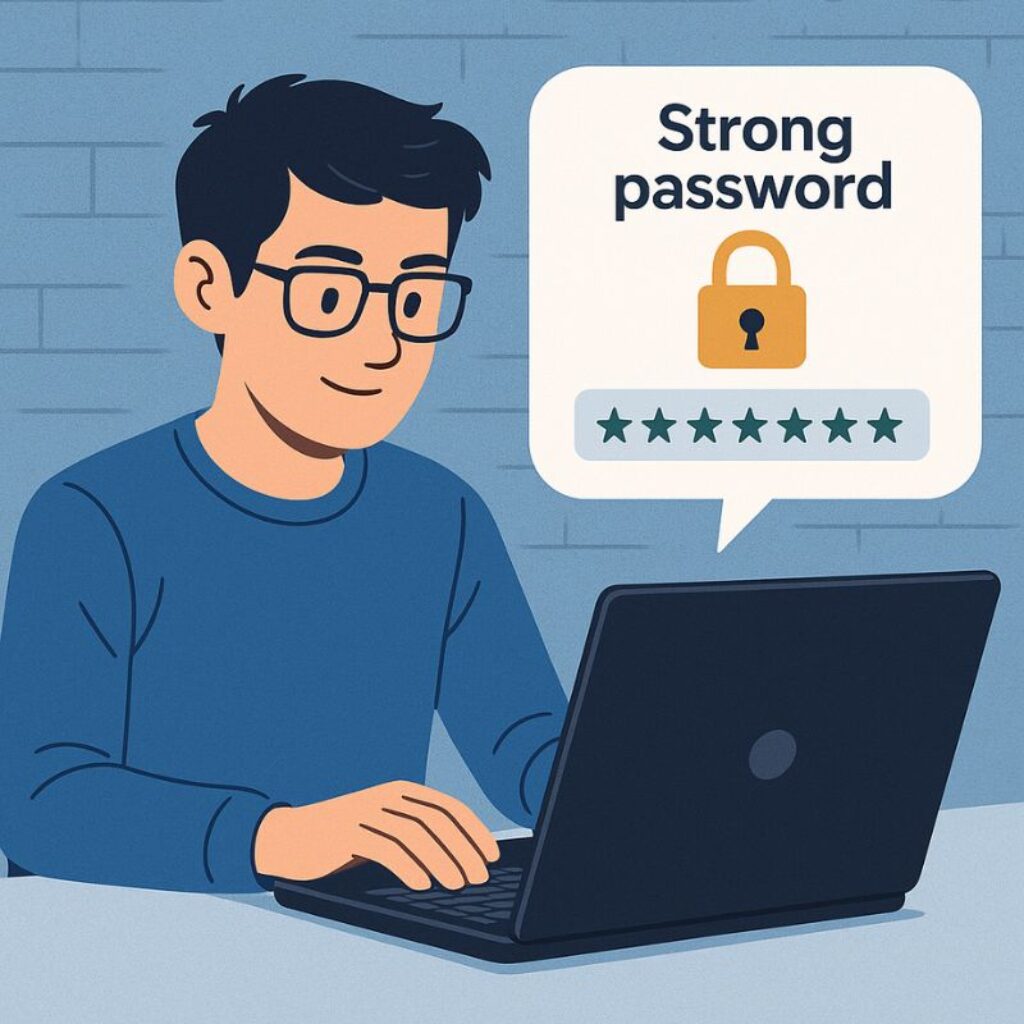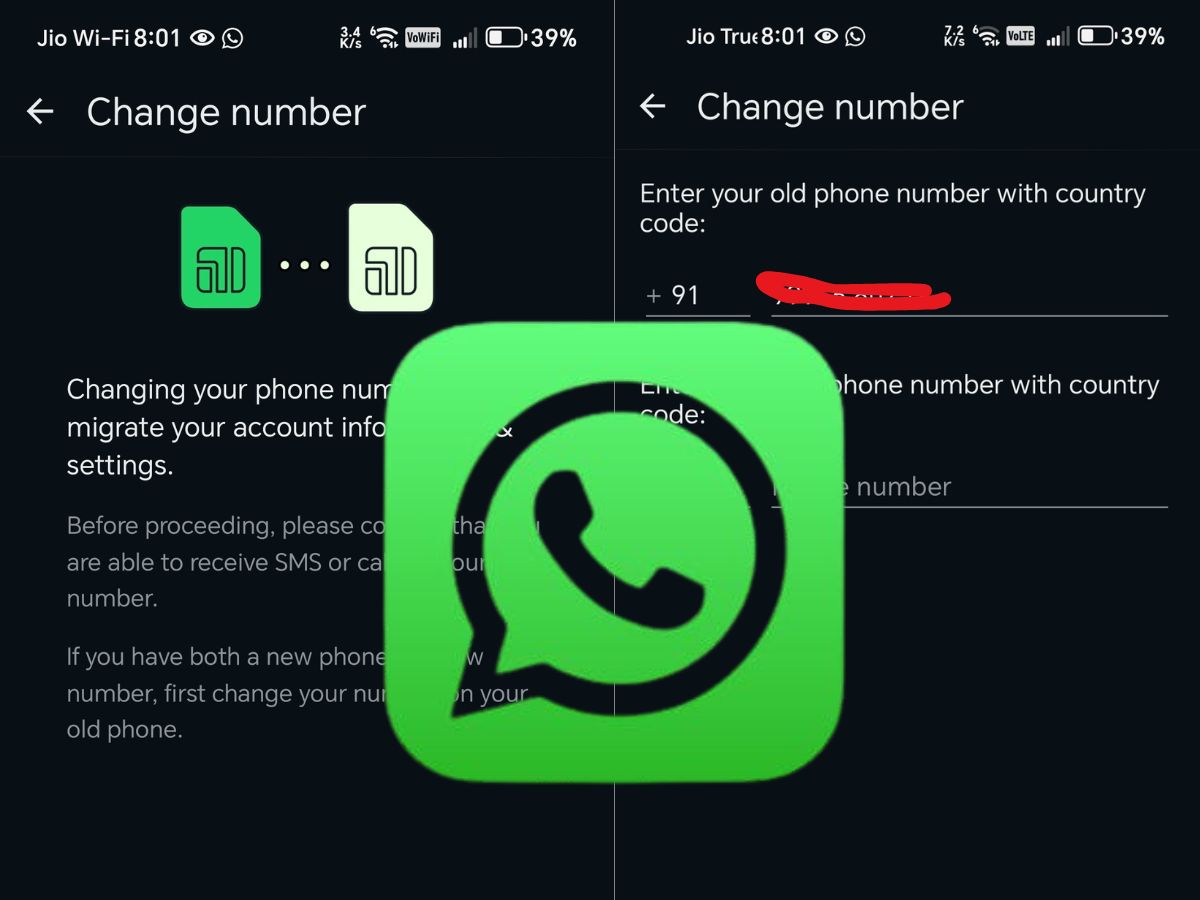
In this digital era, computers and the internet have become an important part of our daily lives. We use them to talk to friends, work, study, shop online, play games, and even manage our money. While technology has made life easier, it has also brought new risks. Just like we lock our homes to keep our belongings safe, we also need to protect our computers and personal information from cyber threats. This is where computer security comes in.
Computer security, also known as cybersecurity, is all about protecting computers, laptops, smartphones, and networks from being attacked or hacked. Every day, people and businesses face problems like viruses, data theft, online scams, and hacking. Without proper security, your personal details, bank information, and important files can be stolen or damaged.
Whether you’re using a computer at home, in school, or at work, knowing the basics of computer security is very important. You don’t need to be a computer expert to protect yourself—just a few simple steps can make a big difference.
In this article, we will explain computer security in simple language. You’ll learn why it’s important, what kinds of cyber threats exist, and how you can stay safe online. Whether you are a student, employee, or just a regular internet user, this guide will help you understand the world of computer security and how to protect yourself from digital dangers.
What is Computer Security?
Computer security, also called cybersecurity or IT security, is the process of protecting your computer systems, devices, and data from being accessed, stolen, or damaged by unauthorized people. In simple terms, it means keeping your digital information and technology safe.
When we use a computer, we store many important things like photos, documents, passwords, and personal details. If someone else—like a hacker or cybercriminal—gets access to your computer, they can steal or misuse this information. They might even delete your files or lock your system so you can’t use it. Computer security helps stop this from happening.
Computer security protects three main things:
- Confidentiality – Only the right people should be able to see your data.
- Integrity – The data must remain accurate and unchanged unless you change it.
- Availability – Your system and data should be available to use when you need it.
There are different areas of computer security. These include:
- Network security – protecting your internet connection from threats.
- Information security – keeping your data safe.
- Application security – making sure software programs are secure.
- Cloud security – protecting files stored online.
Computer security is important for everyone—individuals, schools, hospitals, businesses, and governments. Without it, hackers can cause serious problems like identity theft, money loss, or even national security threats.
Security threats come in many forms, such as viruses, malware, phishing emails, or fake websites. That’s why we use tools like antivirus software, firewalls, strong passwords, and two-factor authentication to stay safe.
In short, computer security is like a digital lock for your devices and online life. It helps protect your personal data, keeps your computer running properly, and gives you peace of mind while using the internet.
Why is Computer Security Important?
Computer security is more important than ever before. In today’s world, we rely heavily on computers, smartphones, and the internet for almost everything—shopping, social media, banking, learning, entertainment, and communication. While this technology has made life easier and faster, it also comes with serious risks.
Without computer security, your personal data, private files, and even your money can be stolen by cybercriminals. Businesses can lose important customer information, and government systems can be attacked, causing national issues. That’s why strong computer security is necessary for everyone—from a student to a large organization.
Let’s understand the importance of computer security in more detail.
1. Protects Personal Information
Every time you use the internet, you share some personal details—like your name, email address, passwords, photos, and even payment details. If your device is not secure, hackers can easily access this information. They may use it for identity theft or fraud. For example, someone might open a bank account in your name or make online purchases using your credit card.
Computer security keeps your personal information private and safe from unauthorized users.
2. Prevents Financial Loss
Cyber attacks are not just about stealing data; they often result in direct financial loss. For example:
- Ransomware attacks lock your files and demand money to unlock them.
- Phishing scams trick you into entering your bank login details on fake websites.
- Malware can steal your banking passwords and transfer money without your knowledge.
A single mistake, like clicking on a fake link or downloading an infected file, can lead to losing thousands of dollars. Good computer security can prevent these financial disasters.
3. Keeps Devices Running Smoothly
Computer viruses and malware can slow down your device, delete files, or cause your computer to crash. This can make your work difficult or even result in the loss of important files like school assignments, business documents, or personal photos.
With the right security tools—such as antivirus software and firewalls—your computer stays clean, fast, and efficient.
4. Protects Businesses and Organizations
Computer security is critical for companies of all sizes. Businesses store large amounts of sensitive information like customer data, employee details, sales records, and financial documents. If hackers get access to this information:
- They can leak or sell it.
- They can demand ransom money.
- The company may lose its reputation and customers.
Small businesses are often targeted because they may not have strong security in place. A single cyber attack can lead to huge losses or even cause a business to shut down.
To protect against this, companies use strong passwords, secure networks, regular data backups, and train employees on cybersecurity.
5. Ensures Privacy
Privacy is a basic right, both in real life and online. Computer security helps protect your emails, messages, social media accounts, and browsing history from being seen or used by others.
Without proper security, someone could spy on what you do online or even take control of your webcam or microphone without your knowledge.
Strong security helps ensure that your digital life remains private and under your control.
6. Supports Safe Online Communication
We use the internet to chat with friends, send emails, make video calls, and share documents. All of this information can be intercepted if the communication is not secure. Hackers might read your messages or even pretend to be you.
Computer security uses encryption and other technologies to protect your conversations and data as they travel across the internet. This keeps your communication safe and private.
7. Helps National Security
Governments and military organizations also use computer systems to store and manage sensitive information. If these systems are attacked, it can lead to serious national security risks like stolen defense secrets or disrupted public services.
That’s why countries invest heavily in cybersecurity teams and systems to defend against cyber terrorism and digital warfare.
8. Prepares You for the Future
Technology is advancing rapidly. With the rise of smart homes, digital payments, cloud storage, and artificial intelligence (AI), more parts of our lives are connected online. This also means that more things can be targeted by cyber attacks.
Learning about computer security today prepares you for a safer tomorrow. Whether you’re a student, parent, employee, or business owner, knowing how to stay safe online is an essential skill in the modern world.
How to Protect Your Computer? (Some Easy Steps)
You don’t need to be a computer expert to protect your device. In this section, we will explain easy and practical ways to keep your computer secure.

1. Use Strong Passwords
One of the most basic but important steps is to use strong passwords. Many people use easy passwords like “123456,” “password,” or their own name or birthdate. These are very easy for hackers to guess.
A strong password should:
- Be at least 10 characters long
- Use a mix of uppercase letters (A–Z), lowercase letters (a–z), numbers (0–9), and symbols (!, @, #, etc.)
- Avoid using personal information like your name, pet’s name, or birthday
You should also:
- Use different passwords for different accounts
- Change your passwords regularly
- Use a password manager to store and create strong passwords if you have trouble remembering them
2. Keep Your Software Updated
Software companies often release updates to fix bugs and security holes. If you ignore these updates, your computer becomes more vulnerable to attacks.
You should:
- Turn on automatic updates for your operating system (like Windows, macOS, or Linux)
- Keep your web browsers (like Chrome, Edge, or Firefox) up to date
- Regularly update your apps, games, and antivirus software
Outdated software is one of the easiest ways for hackers to get into your computer.
3. Install and Use Antivirus Software
Antivirus software helps detect and remove harmful programs like viruses, trojans, and spyware. It acts as a shield that protects your computer from known threats.
What to look for in antivirus software:
- Real-time protection (scans files as you open or download them)
- Automatic updates (to keep up with new viruses)
- Regular system scans (you can schedule daily or weekly scans)
Some popular antivirus programs include:
- Windows Defender (built into Windows 10/11)
- Avast
- Kaspersky
- Norton
- Bitdefender
Many of these have free versions, but paid ones offer extra features.
4. Use a Firewall
A firewall is like a digital gatekeeper. It monitors and controls the data that comes in and goes out of your computer over the internet.
There are two types of firewalls:
- Software firewall (built into most operating systems like Windows)
- Hardware firewall (comes with routers or other security devices)
Always keep your firewall turned on to block unauthorized access.
5. Be Careful with Emails and Links
Many cyber attacks start with fake emails or messages that trick you into clicking a bad link or downloading a dangerous file. This is called phishing.
How to spot phishing emails:
- They may come from unknown or suspicious addresses
- They may ask for personal information or passwords
- They may contain urgent messages like “Your account is locked” or “Click here to win a prize”
Tips to stay safe:
- Don’t click on links or download attachments from unknown senders
- Check the URL of any website before entering login information
- If in doubt, contact the sender using a trusted method before taking action
6. Use Two-Factor Authentication (2FA)
Two-factor authentication adds an extra layer of security to your accounts. Even if someone knows your password, they can’t log in without the second factor.
Common types of 2FA include:
- A code sent to your phone via SMS
- A code from an authentication app like Google Authenticator
- A fingerprint or face scan
Turn on 2FA for your email, bank, social media, and other important accounts whenever it’s available.
7. Avoid Public Wi-Fi or Use a VPN
Public Wi-Fi, like the kind found in cafes, airports, or malls, is often not secure. Hackers on the same network can spy on your online activity and steal your data.
To stay safe:
- Avoid logging into important accounts (like banking or email) on public Wi-Fi
- Use a VPN (Virtual Private Network) to create a secure connection if you must use public networks
VPNs encrypt your internet traffic, making it harder for anyone to see what you’re doing online.
8. Backup Your Data Regularly
No matter how secure your computer is, something can always go wrong—like a virus attack, system crash, or accidental deletion.
That’s why regular backups are important. You can back up your data in two ways:
- External hard drive – Manually copy files to an external storage device
- Cloud storage – Use services like Google Drive, Dropbox, OneDrive, or iCloud
Set up automatic backups so your important files are always safe.
9. Install Only Trusted Software
Only install software and apps from trusted sources. Avoid downloading programs from unknown websites, as they might contain malware.
Tips:
- Use official app stores (like Microsoft Store, Google Play, or Apple App Store)
- Check reviews before installing
- Be cautious of free software that asks for too many permissions
10. Log Out and Lock Your Device
When you’re not using your computer, always log out of your accounts and lock your screen. This prevents others from accessing your information, especially in shared or public places.
You can set your computer to lock automatically after a few minutes of inactivity.
Conclusion
In summary, computer security is not just a technical term; it’s a necessary part of everyday life. It protects your personal data, prevents money loss, keeps your devices running properly, and ensures your online privacy. For businesses, it defends against cyber attacks and builds customer trust. For governments, it protects national secrets and public safety.
By taking simple steps—like using strong passwords, installing antivirus software, and being careful with emails—you can make a big difference in your online safety. The more aware and prepared you are, the better protected you’ll be against the growing number of cyber threats.
Computer security is everyone’s responsibility. The sooner we understand its importance, the safer our digital world will be.








